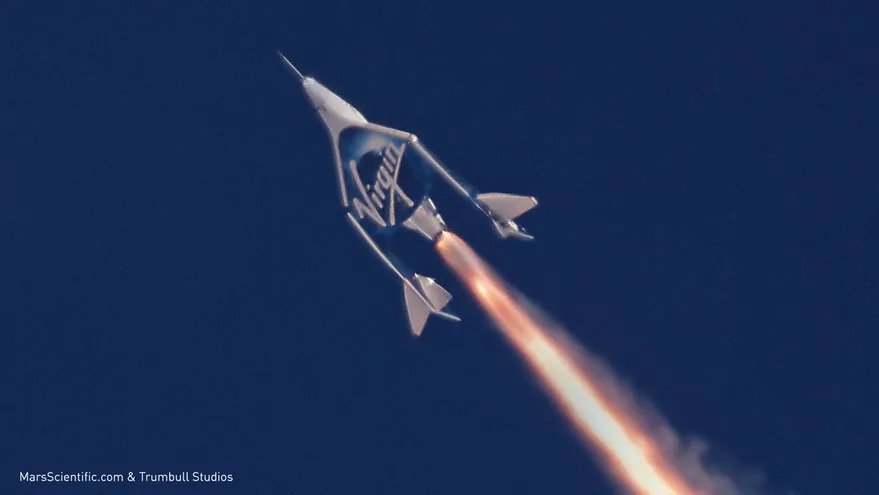The US Congress is advised to lift the moratorium on the development of safety regulations for private space carriers, which has been in effect since 2004. The new regulations could make the launches of these companies safer. But at the same time, they can create bureaucratic obstacles that slow down development.

Moratorium on the development of regulations
The RAND Corporation, which provides services in the field of analytics, has provided the US Congress with a report on the situation with the development and application of safety regulations in the field of commercial space exploration. In it, they propose not to extend the moratorium on the development of such documents, which would be mandatory for all companies.
The moratorium was adopted in 2004, when private US space companies were just starting their work. No one knew what they needed to do to fulfill what the state programs could not achieve. Everyone decided that safety regulations would only slow down innovation.
The restrictions were supposed to be removed back in 2012. However, then the industry convinced legislators to extend the moratorium. Then again and again. In the end, in 2015 it was decided that it would be valid until October 1, 2023, which then seemed a distant future.
Will the moratorium on regulations be extended
In its report, RAND noted that during the period of the moratorium, private manufacturers could voluntarily introduce regulations that were developed for them by the organizations ASTM International and ISO. In total, the number of such documents reaches 20.
But progress in this area is very slow. No one even thinks about how to apply at least these purely technical regulations. What can we say about an extremely thick briefcase with instructions that, in case of termination of the moratorium, the Federal Aviation Administration (FAA) should provide them.
Moreover, the FAA is also not ready to provide such a package of safety regulations in six months, but will only develop it. However, RAND recommends that US legislators not extend the moratorium.
They argue that its conditions allow in the event of a major accident to urgently give the FAA the right to develop them. Therefore, it is better to do it in a planned and sensible way than in a hurry when circumstances require it.
Reaction of industrialists
Meanwhile, private companies are not ready to introduce safety regulations at all. And they hope that the moratorium will continue once again. “I don’t feel like anyone is really ready to understand what regulations are going to look like,” said Karina Drees, president of the Commercial Spaceflight Federation.
“It’s my expectation, based on looking at the world, that this moratorium will be extended,” said Chris Gerace, head of NASA’s Suborbital Crew (SubC) program considering the possibility of flying government employees on commercial suborbital vehicles, during a discussion later at the conference. He noted that NASA has no position on the need for a moratorium, and that any extension depends on Congress.
According to spacenews.com
Follow us on Twitter to get the most interesting space news in time
https://twitter.com/ust_magazine

